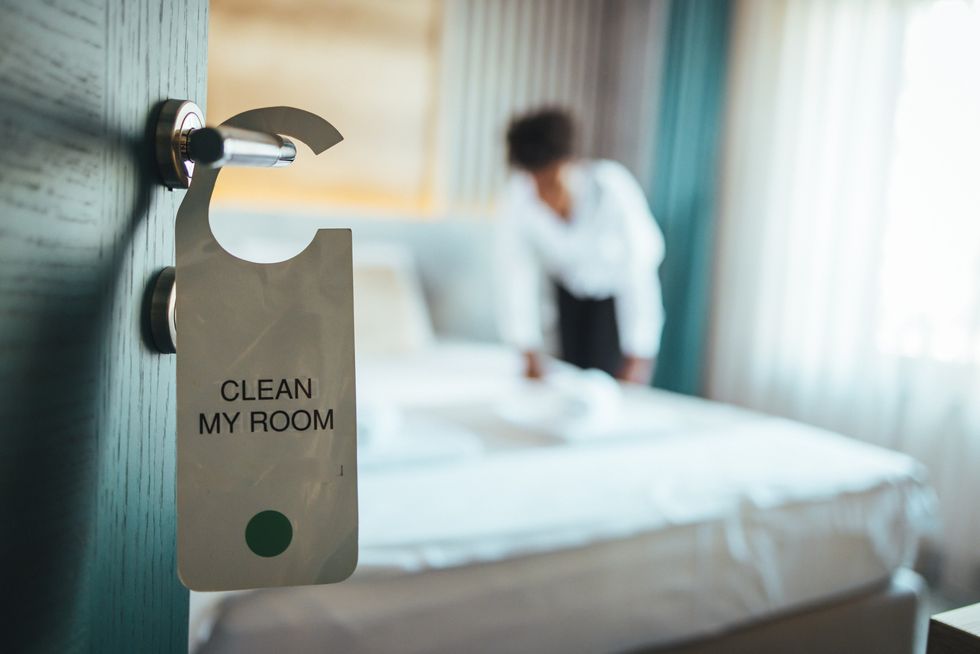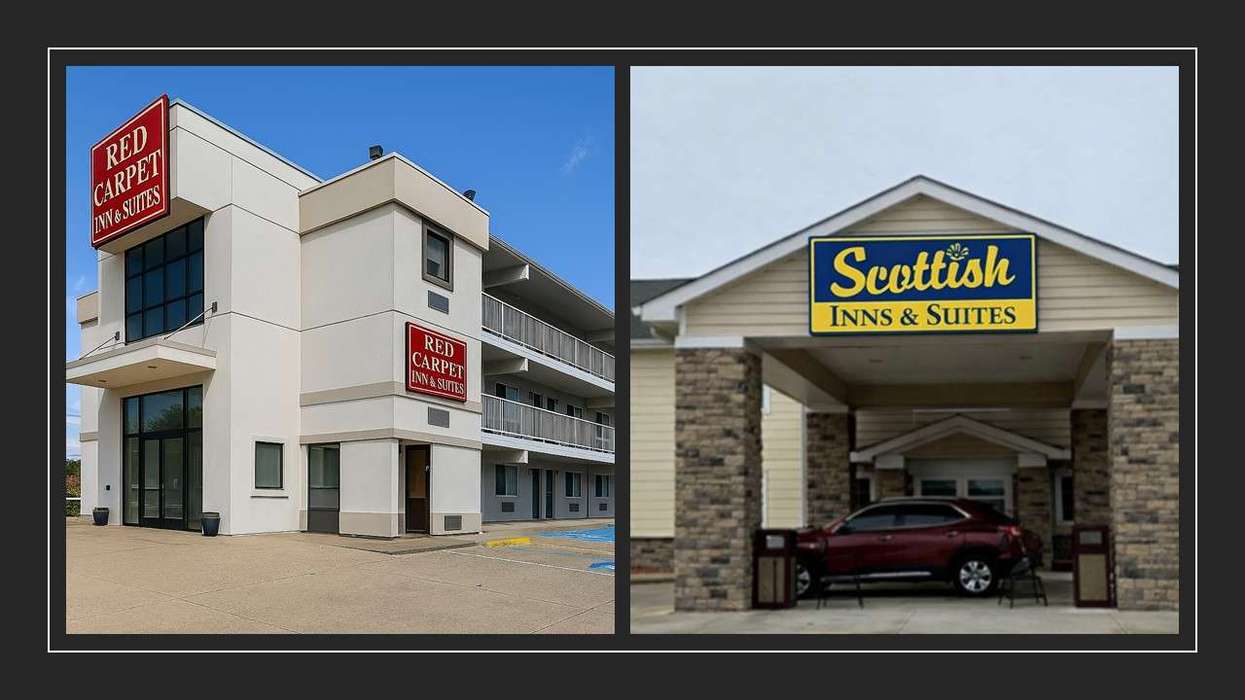MORE THAN TWO-THIRDS of hotels are struggling with staffing shortages, leading hoteliers to offer increased pay and a variety of incentives to attract and retain talent, according to a new survey conducted by the American Hotel & Lodging Association. In response, AHLA is calling on Congress to take action.
Around 82 percent of respondents have increased wages in the last six months, reaching a record high average for hotels in December 2023, according to the survey. Additionally, 59 percent are offering greater flexibility with hours, and 33 percent are expanding benefits. Despite these efforts, 72 percent said they are still unable to fill open positions.
Approximately 67 percent of survey respondents reported a staffing shortage, with 12 percent describing it as "severely understaffed," impacting their operations, the survey said. Housekeeping emerges as the most critical need, cited by 48 percent as their top hiring priority. These figures mark an improvement from May 2023 when 82 percent reported staffing shortages.
AHLA said respondents to the latest survey are trying to fill an average of nine positions per property, a figure largely consistent with May 2023 but higher than the average of seven vacancies per property in January 2023.
Historic career opportunities in hotels

Ongoing staffing challenges are creating career opportunities for hotel employees, the survey said. There are more than 70,000 hotel jobs currently open across the nation, according to Indeed. Moreover, the Bureau of Labor Statistics revealed that as of December 2023, national average hotel wages reached an all-time high of $23.91 per hour.
According to AHLA, hotel wages have outpaced general economic wages since the pandemic, with benefits and flexibility reaching unprecedented levels.
“The hotel workforce situation is slowly improving thanks to record-high average wages and better benefits and upward mobility than ever before,” said Chip Rogers, AHLA president and CEO. “But nationwide labor shortages are preventing hoteliers from filling tens of thousands of jobs, and that problem will weigh heavily on our members until Congress takes action. We urge lawmakers to address this urgent issue by creating an H-2B returning worker exemption, passing the Asylum Seeker Work Authorization Act, and passing the H-2 Improvements to Relieve Employers Act.”
As of December, the U.S. had 9 million job openings, but only 6.3 million unemployed individuals available to fill them, according to Bureau of Labor Statistics.
‘Workforce shortage solutions’
AHLA said that Congress can help hoteliers address workforce shortages by taking the following actions:
- Expanding and streamlining the legal H-2B guestworker program: The H-2B program aids independent hotels and resorts in remote vacation spots to fill seasonal roles. However, with a yearly cap of 66,000 visas, it falls short, AHLA said. Exempting returning workers from this limit would assist hoteliers in hiring employees to offer crucial staffing relief for seasonal small business hotels, thereby contributing to the post-pandemic economic recovery.
- Cosponsor and pass the Asylum Seeker Work Authorization Act:
A record number of asylum seekers are currently housed in hotels across America, awaiting court dates and adhering to the legal process. However, existing law prohibits them from working legally for at least six months, necessitating reliance on local government and community assistance. This bipartisan legislation aims to assist hotels in addressing critical staffing shortages by enabling asylum seekers to begin working as soon as 30 days after applying for asylum.
- Cosponsor and pass the H-2 Improvements to Relieve Employers Act: The bill proposes extending the H-2A/H-2B labor certification period to three years and permanently authorizing the waiver of in-person interviews for returning workers. The HIRE Act aims to simplify the process for qualified workers to obtain jobs in industries facing challenges in recruiting and retaining sufficient employees to meet demand.
AHLA's 2024 State of the Hotel Industry report recently indicated a robust outlook for the U.S. hotel industry. Projected average hotel occupancy is nearly 63.6 percent, a slight increase from 2023 but below the 2019 rate of 65.8 percent. Nominal RevPAR is expected to rise to $101.82 in 2024, marking a 4 percent increase from 2023 and over 17 percent from 2019.






